NOTES by Claudia Potamkin: Sammy Gonzalez of Young Musicians Unite
The musician and founder of the organization offering free music education in underserved schools has a secret to his success: Keep showing up.
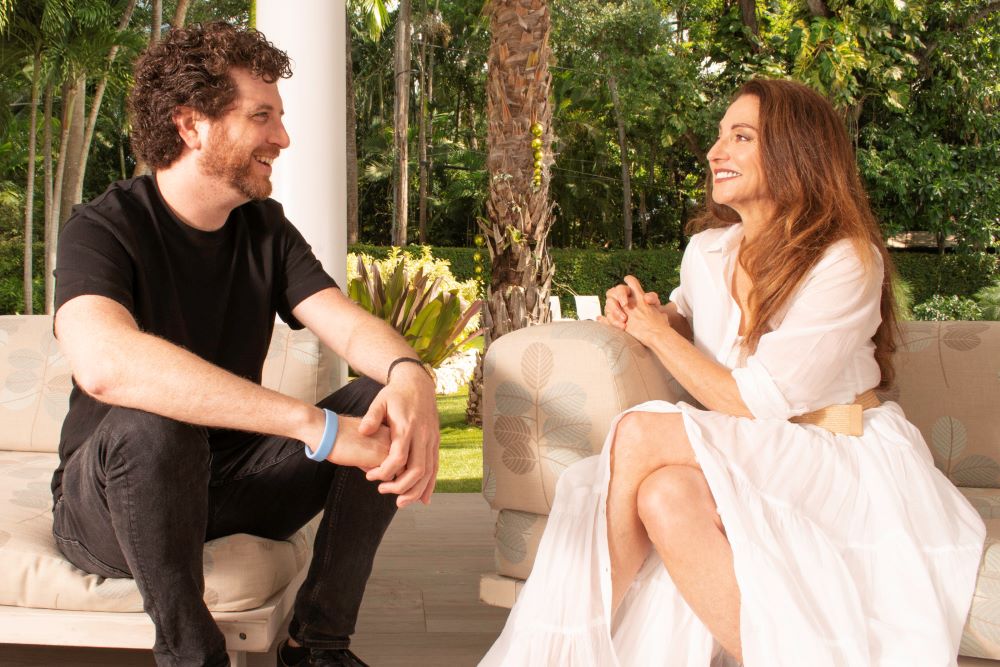

In the 1967 British classic, To Sir With Love, Sydney Portier portrays inner city school teacher Mark Thackery, whose insight and empathy amends even the most hardened students. In modern day Miami, Sammy Gonzalez is heading Young Musicians Unite, an organization that provides free music education and recording opportunities to underserved kids. Gonzalez was a professional, touring musician before he turned to this work full time. Today, Gonzalez’ commitment as a mentor to these kids instills valuable life lessons that will last long after the kids graduate.
Young Musicians Unite operates with the belief that every child deserves access to music education regardless of their socio-economic background. It equips Title 1 schools — Title I is a federal education program that supports low-income students throughout the nation — with music programs taught by trained instructors, lesson plans, instruments and all the necessary resources for an enriching, sustainable music education.
I had the opportunity to sit with Sammy Gonzales and talk about Young Musicians Unite, his philosophy and the unique culture he’s created with his students, teachers, administrators and audiences.
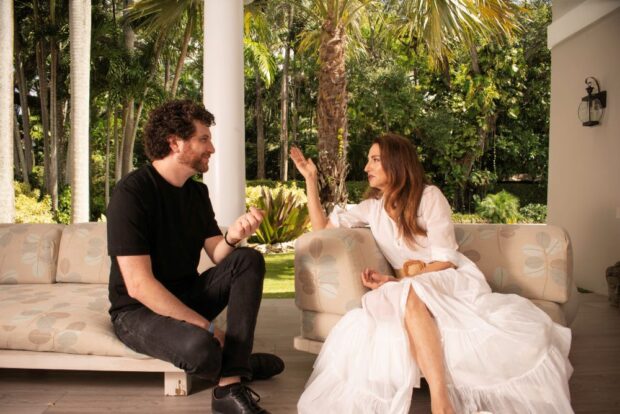
Claudia Potamkin: Sammy, before we dive in, I must tell you, I see you as a modern day Mark Thackery. I am so moved by your story. Tell us about the revelation you had from being a working musician to revolutionize your career.
Sammy Gonzalez: I’d toured for a long time and at the age of 27 I saw that I wasn’t fulfilled in my life; that I needed a higher purpose. I looked at the middle school aged kids and realized kids were not learning art or music. These were the consequences of school cuts during the 2008 recession. It was real. Change needed to happen.
Growing up I couldn’t afford music lessons and was the product of free music education. I had these amazing opportunities from 5th grade to 12th grade that don’t exist today. I decided to adopt a classroom in 2013. When I first started teaching at the Young Men’s Preparatory Academy, I had 8 students. I thought I was going to turn these students into classical musicians and I learned really quickly that this wasn’t going to happen; that I had to meet them where they were at. It was a different demographic than I was used to and it was a learning curve for me.
At first they gave me a hard time and I learned really quickly that if I gave them hip hop then I would be able to get their attention, get them to read music. I gave them “Holy Grail”, (A Jay-Z/Justin Timberlake song), and printed out all the lyrics. I remember crossing out, like 100 curse words and we changed them out for other words. The kids were having fun and respected me for that. They actually started to read music. Then they were playing modern songs and that worked really well. I immediately saw a real change in the kids’ attitude.
CP: What was the insight that caused you to take YMU in the direction that you did, now in your 10th year, providing programming, mentorship, performance opportunities and community to over 3,500 students per year? What is the special sauce?
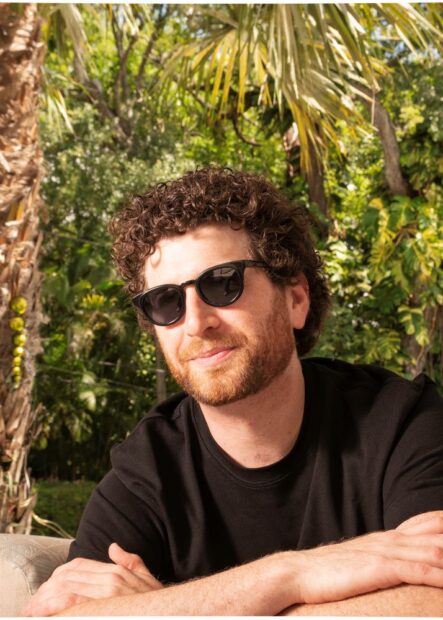 SG: The special sauce is the power of just “keep showing up.” It’s that simple. One of my students one spring asked me, “Mr. Sammy, are you going to come back?” I said, “Of course I am.” I hadn’t thought that far ahead. I’d only just started YMU 5 months earlier but I realized that so many people go into the schools and start a program or come into their lives as a mentor and then leave. I knew then that I was coming back, and I never left.
SG: The special sauce is the power of just “keep showing up.” It’s that simple. One of my students one spring asked me, “Mr. Sammy, are you going to come back?” I said, “Of course I am.” I hadn’t thought that far ahead. I’d only just started YMU 5 months earlier but I realized that so many people go into the schools and start a program or come into their lives as a mentor and then leave. I knew then that I was coming back, and I never left.
As children we assume that everything is going to be taken care of. People are always waiting for other people to do great things. I never dreamt I would be doing what I am now but people need to stand up for musicians, for stable jobs, for our children.
CP: In addition to music education during and after school, these kids have a wealth of options for involvement. Tell us about the opportunities made available through YMU.
SG: The program is for every kid; for those just passing through to kids who want to make music their lives. That’s why we do so many things, from a child who’s never picked up an instrument to kids playing on stage and recording albums. We grew YMU with them, for all of them. We put on over 120 concerts a year, including performances at the New World School of the Arts, the Arsht Center, the Miami Heat Area, private events and party’s where the students learn professionalism; that they have to arrive early, dress well and be respectful.
We renovated a space that became the YMU recording studio in Allapattah which provides free recording for any student in Miami Dade. We have a full-time videographer, recording engineer and manager. Every student owns the rights to their publishing, gets their own accounts through ONErpm (a music streaming platform which launches their music and keeps track of their streams to distribute royalties), and when they make money on stream, 100 percent of the proceeds goes to them. YMU is a record label for them, but we don’t take any money. We’ve had over 100 releases in the last year and half on Spotify.
CP: You speak of the development of the whole child; that what began with music now encompasses the entire school experience. How do you ensure that your students are on the best track towards success on all levels?
SG: We’re the only in school music education nonprofit for grades 5-12 in Miami-Dade. What makes us different and the reason it’s so large is not because I had all these great ideas, but because I watched the students and I saw their needs and then we reacted to those needs. We grew YMU with them. I realized over the next years that the power is in helping them grow in so many more ways than just as musicians. We provide students a safe space during the day to express themselves, gain mentorship, and develop bonds with their fellow classmates. The integrated approach we use is working with a 3rd party named Hello Insight, which measures Social/Emotional Learning. (SEL). This focuses not on music but the growth of the student. Do they have connections with mentors and adults, do they feel more hopeful about the future, do they have more organization and structure in their lives.
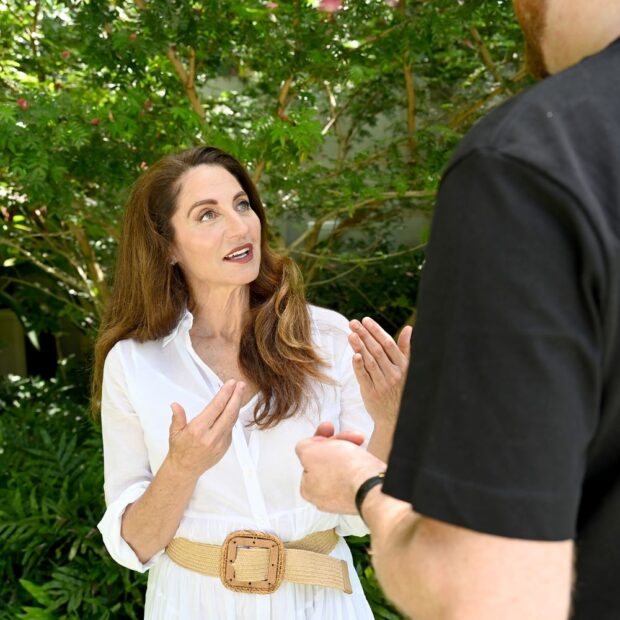 A second 3rd party we work with is MDCPS which tracks academic grades, attendance, demographics, conduct…which is a different story to tell. This data collected enables us to rethink the way we work with our students. We look at the healthy progress of the whole child and study are we doing in our curriculum to leave space for growth. What the data shows is that these kids are outperforming students on a peer-to-peer basis. The students in our programs have better attendance, less behavioral infractions, better academic progress and are the leaders of culture within their schools.
A second 3rd party we work with is MDCPS which tracks academic grades, attendance, demographics, conduct…which is a different story to tell. This data collected enables us to rethink the way we work with our students. We look at the healthy progress of the whole child and study are we doing in our curriculum to leave space for growth. What the data shows is that these kids are outperforming students on a peer-to-peer basis. The students in our programs have better attendance, less behavioral infractions, better academic progress and are the leaders of culture within their schools.
CP: What are the students doing after graduation?
SG: Many of our students leave town to further their educations and 90 percent of the participants in our after-school programs have received full ride music scholarships to schools such as Berkeley, Manhattan school of Music, NYU, the University of Michigan, FSU and this year, Julliard.
We support those that stay local. By the time students are in their senior years, they are already mentoring the younger ones. We encourage them to come work at the school that trained them. They understand the demographics, the program, the students, the needs. They help us book gigs and do the work and there’s a lot of it. It’s hard, satisfying and the graduates are growing and learning. It’s a beautiful family.
CP: Your team operates as a well organized, tight knit, lean, clean machine. That’s not easy to develop. Tell us about your staff.
SG: Everyone that works at YMU works together and they’re there because they love the job. They’re passionate about the mission and have made it into a real career. We’ve grown a lot. Just 3 years ago we had 5 full time staff members and a team of 28 and now we have 13 full staff members and a team of 78 people. There used to be a lot of turnover but it’s a mix between truly hiring the right person and giving them clear responsibilities and letting them run with it. Our people crush it. This is the first year there’s been no turnover which is interesting in an educational organization.
CP: How are you funded?
SG: YMU is funded by individual gifts, sponsorships, and grants and foundations on the state and local level. We’ve been very fortunate to have a several generous funders, but the fact is, with a 2 million dollar annual budget we have to fundraise every year.
CP: What do you like to do on your free time?
SG: Think about YMU! It’s all consuming. I’ve owned a recording studio for 10 years, a production company named Miami Music Productions and I am a founder and owner at the Wynwood School of Music, but I’m consumed with YMU. It’s so much fun and I’m challenged by it. I’m always thinking about capacity. How do we work with more student; how do we transform more lives? I have this clear vision. I want to be in every Title1 middle school in Miami Dade and there are 72 of them, which will put us in over 100 schools in the next five years.
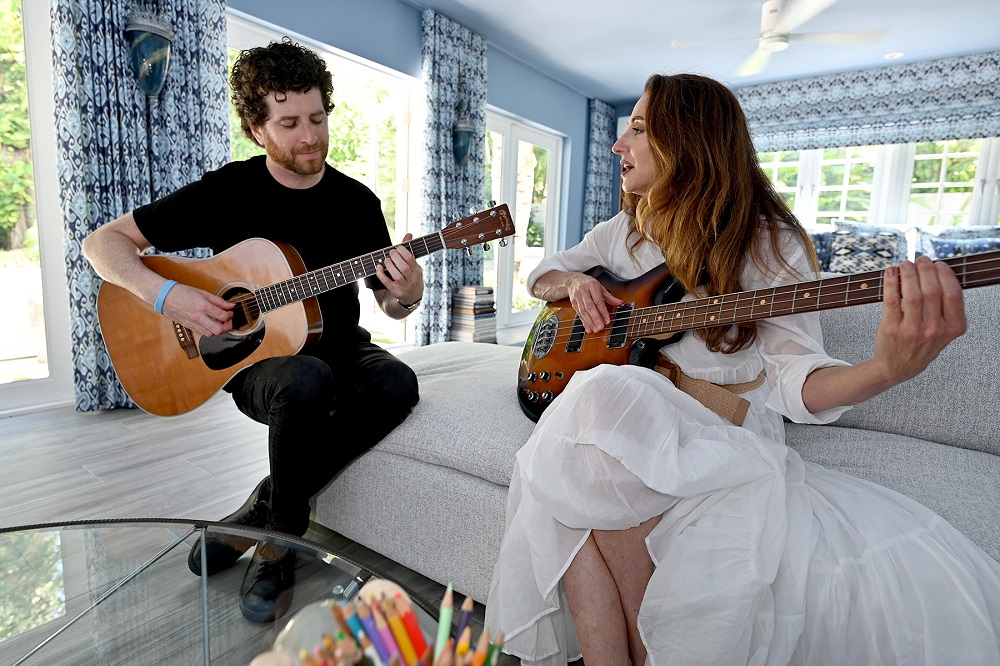
Gonzalez laughed, paused, and softened. He and his beautiful wife Shari are about to become parents. He admits that as enthusiastic as he is about YMU, his greatest focus is his family and the joy he feels about the future, balancing his work and personal life in perfect pitch, rhythm and harmony.
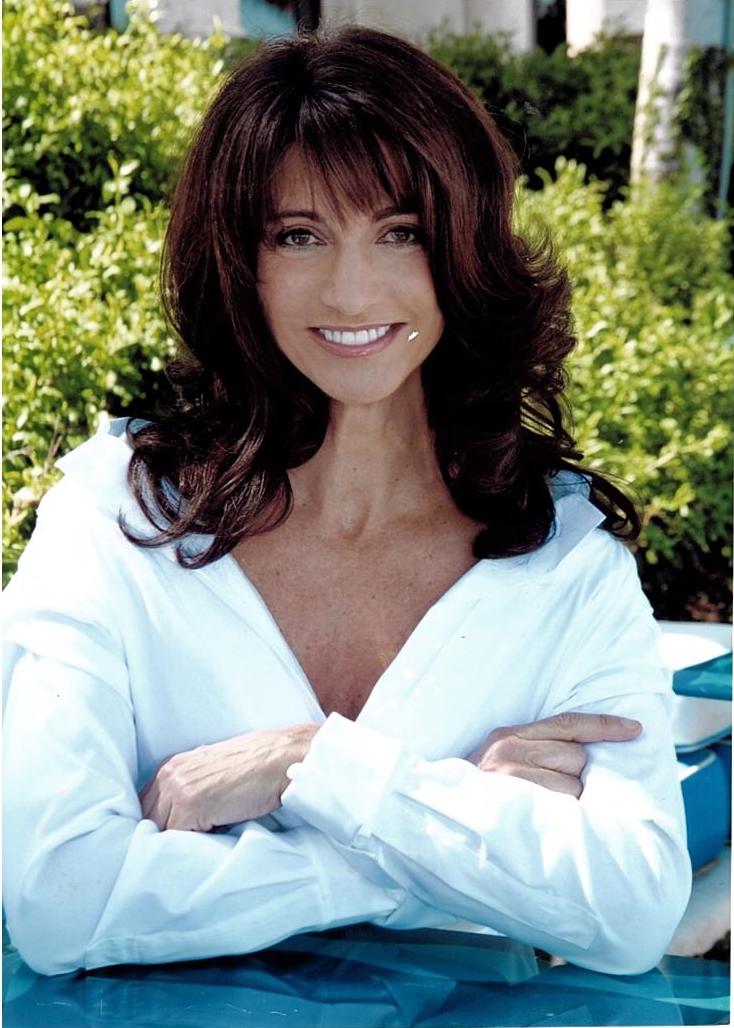
Claudia Potamkin began her professional career in media as a sportscaster in the late 70’s, producing sports news for News/talk radio WNWS and ABC’s Channel 10, as well as broadcasting play-by-play and color commentary for Miami Hurricanes baseball on WVUM. She has written, produced and voiced commercials and documentaries since the early ’80’s.
Claudia is a founding partner in genConnectu, a premier online educational website which connects users with over 3,000 world class experts providing courses on topics including career, finance, health, relationship, lifestyle and giving back. In addition to interviews with experts for Genconnectu, Claudia conducts author interviews at Books&Books and is a frequent master of ceremonies and moderator for various organizations.
Claudia has served on the boards of civic and charitable organizations for over 40 years. She is the proud mother of three who is pleased to fulfill her responsibilities. Responsibility = the ability to respond. Claudia feels it is a duty and an honor to respond to the needs of her local and global communities.


